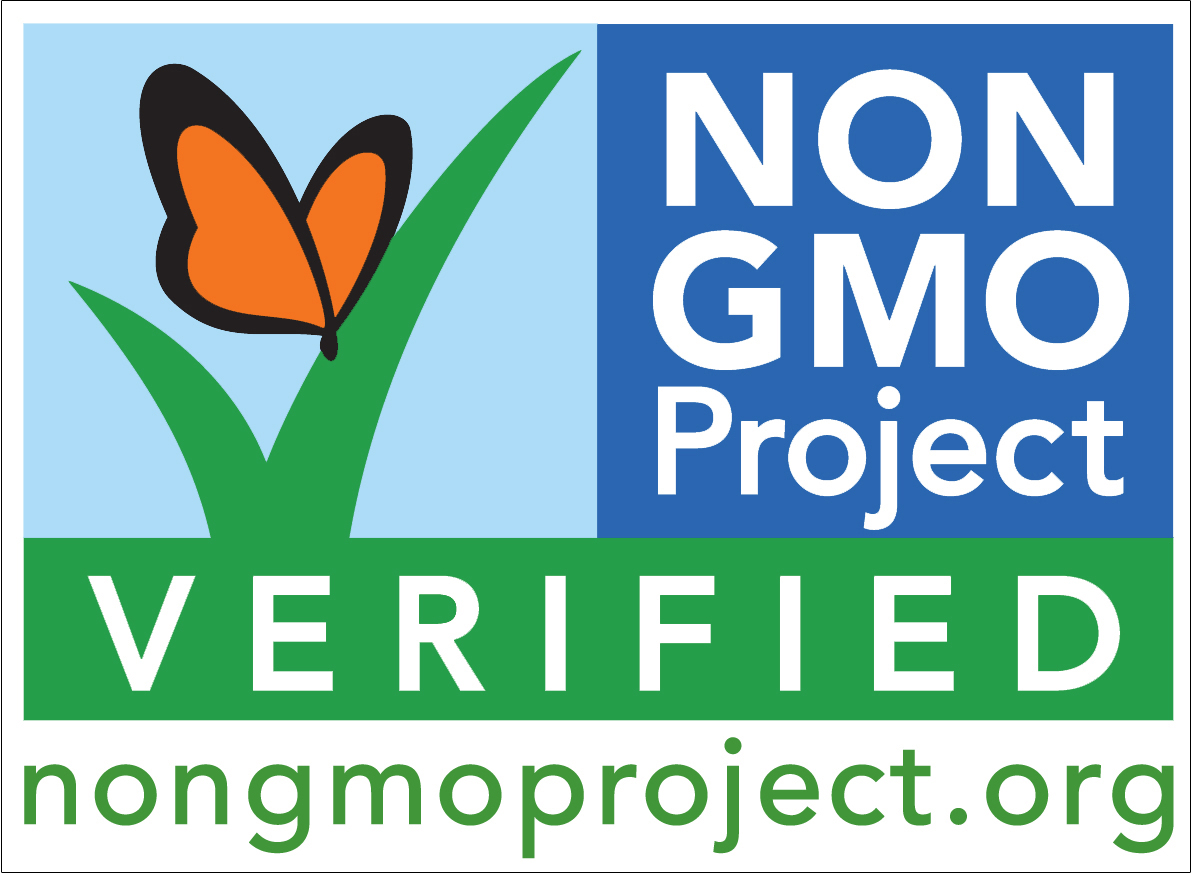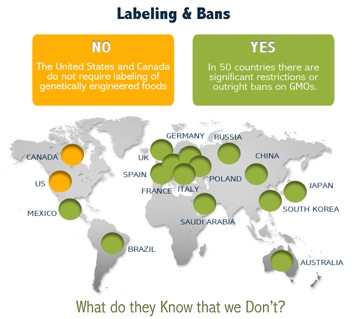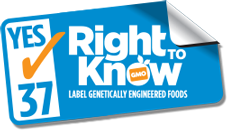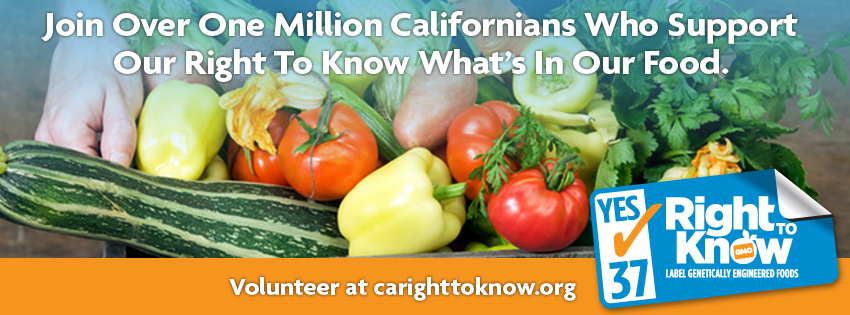Working in social media, I chat with all kinds of people, many of them nutrition nerds like myself. GMO labeling is a very hot topic right now with the upcoming election. All of this talk makes me think that everyone knows about this issue, but then I mention it to my friends in real life and they come back with, “GMO what?” Now I realize that I haven’t done a very good job of educating those around me on this issue.
So here it is.
This is important.
Are you paying attention?
First, I want to state something that I think we can all agree with: We all have the right to know what’s in our food. We all have the right to make an informed choice of what to feed our families.
This includes GMOs.
What does GMO even mean?
From the Non-GMO project website:
Genetically modified organisms (GMOs) are plants or animals
created through the process of genetic engineering. This
experimental technology forces DNA from one species into a
different species. The resulting GMOs are unstable combinations of
plant, animal, bacterial and viral genes that cannot occur in nature
or in traditional breeding.Almost all commercial GMOs are engineered to withstand direct
application of herbicide and/or to produce an insecticide. Despite
biotech industry promises, none of the GMO traits currently on the
market offer increased yield, drought tolerance, enhanced nutrition, or
any other consumer benefit.
So what’s the big deal?
Basically, the companies who manufacture GMOs are treating all of us as a big science experiment. Genetically engineered foods have not been adequately tested, and it’s unethical to be putting an experimental technology into the food we feed our families. They claim their food is safe, but how do we know that? We don’t. According to the National Academy of Sciences, GMOs may carry new toxins and allergens. And independent animal testing has linked GMOs to a host of issues, including major organ damage and infertility.
I don’t know about you, but I want the freedom to choose not to feed my family this way.
Why aren’t GMO foods labeled?
Nearly 50 countries require labels on GMOs, and many of these also have severe restrictions or bans against GMO food production or sale. Countries with mandatory labeling include Australia, China, Japan, New Zealand, Russia and all of the countries in the European Union. Some of the countries with severe restrictions or bans against GMO food production or sale are Germany, Switzerland, Hungary, Ireland, the Philippines, Australia, Peru and Japan. The U.S. and Canada are two of the only developed nations in the world without GMO labeling. We deserve the same level of protection and information as citizens in other nations around the world. We deserve the freedom to choose.
And that is the main point here: CHOICE
Right now, we don’t have a choice because 80% of our food supply is contaminated with GMOs, and there is no labeling law in place. Companies don’t have to tell us whether or not they use genetically modified ingredients. This is not right!!
So what can I do?
For now, you can do things like look for the Non-GMO project seal

or download the Non-GMO shopping guide. Buy from stores that reject GMOs like Trader Joe’s, and make sure not to buy your corn at Walmart.
If you live in California, you have an incredible opportunity to vote in favor of GMO labeling. Vote yes on Prop 37, and tell your friends to do the same. If this passes in California, it’s going to have a huge ripple effect across the entire country. If you don’t live in California, you probably know someone who does. Share this information with them. Post it on Facebook, tweet about it, get the word out.
Get to know your local farmers. Find out who buys GMO-free seeds and support them by buying their products. Take an interest in your local food scene. Locavores are usually pretty great people!
Become educated. These companies want to keep consumers in the dark. Talk about this issue with others. Take a stand.
Do it for your health, and the health of your children.
Whether you choose to consume GMO foods or not, we should all be free to make that choice for ourselves and our families.
Join us tonight on Twitter to talk more about this issue.
Twitter Chat about GMOs in our diet
Who: @CARighttoKnow & @LabelGMOs
When: Friday, August 10th
Time: 10-11pm EST/7-8pm PST
Hashtags: #Yeson37 #LabelGMOs
I would love to hear what you think about this issue. Have you heard about it? Does it make a difference in how you buy food? Would you vote for GMO labeling?






how do you know which foods are gmo’s?
It certainly does make a difference in how I buy food, even though I can’t eat three of the main GMO crops, corn, soy, and sugar. I care what I feed my family, who do not have those restrictions. I buy organic to avoid GMOs and fresh, seasonal foods from local farmers.
I live in Cali and will certainly be voting Yes on 37. Thanks for your support of this important issue!
Thank you for all the info on GMOs, SO useful.
Really great post Alysa, and thanks for helping to spread the word. Like Laura, I buy organic for many reasons, but a major one is to stay away from GMOs, and I’m always trying to spread the word to family, friends, and clients. Most times, of course, I find out they have no clue that corn, soy, beet (beet sugar), and canola are GMO crops, and that they need to buy organic if they want to avoid eating GMO foods. I will definitely be voting yes on Prop 37 this fall, because, while more studies and research is being done, we all have a right to know and to choose what we put in to our bodies.